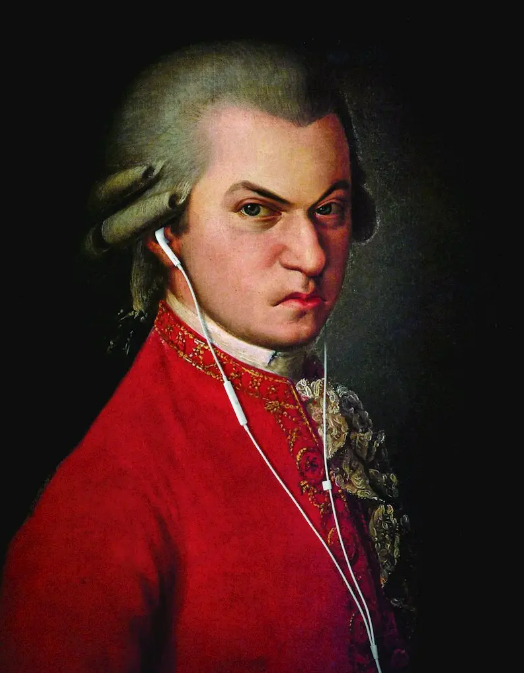这篇由刘元林撰写的文章是我们第七届年度学生编辑大赛高中组的前 9 名获奖者之一,我们收到了 6,076 份参赛作品。

。。。米克尔·贾索
Laboring over Spotify unable to find the Rachmaninoff piano concerto played by a favorite soloist, attending a Mahler’s symphony surrounded by empty seats … such is the reality that we classical music enthusiasts face.
Since the start of this century, the popularity of all traditional classical music platforms has been plummeting. The percentage of adults attending classical music performances declined from 11.6 percent to 8.6 percent between 2002 and 2017, whereas participation in all other genres rose by as high as 15.7 percent. In the year 2012 alone, classical album sales decreased by 21 percent. The ingenuity of Beethoven is becoming increasingly impotent against the ferocious attraction of pop music.
In this age of the internet, one can easily avoid the blame of such tragedy by claiming that classical pieces moved online. However, it is precisely metadata — the algorithm based on the album, song and artist that popular music streaming platforms use — that has been impeding their digital growth. How can Spotify accurately place into its categories the second movement of Beethoven’s Symphony No. 9 played by the Los Angeles Philharmonic Orchestra and conducted by Gustavo Dudamel? As a result, classical music presently constitutes less than one percent of all streaming services, lagging behind its 2.5 percent of American album sales.
Ultimately, society’s abandonment of classical music stems from modern cultural changes. Since the mid-20th century, Western society has developed a countercultural attitude that readily questions established authority, the classical canons included. Encountering a myriad new adrenaline-charged music styles, people eschew the slow-paced, less immediately accessible classical music. Plagued by modern populism, those in search of easy numbness dub classical music “elitist,” using it as a convenient excuse to turn away from the elusive genre.
In rejecting classical music, we neglect its unique and timeless emotional depth. It is an abstract representation of the composers’ meditations on the world, expressing complexities when words are inadequate. Cambridge composer John Borstlap asserts that classical music offers an “alternative to the modern world” instead of the “reflection” or escape from reality that people seek in pop lyrics about sex or drugs. From Brahms’s melancholic tunes, to Schumann’s rhythmic introversions, to Tchaikovsky’s impressive harmonies, classical pieces preserve our inner peace to balance out the external bombardment of indigestible information from society. Such is the perennial virtue of classical music.
Despite the current waning of classical music, its future remains hopeful as long as we embrace its fruits and pass on its legacy. Go to a local concert. Pick up an instrument. Advocate for classical music education in schools, starting from childhood. Download apps like Idagio and Primephonic — streaming platforms devoted to classical music, search for a serenade, and feel how your soul soars with every chord.
Works Cited
Borstlap, John. “The Relevance of Classical Music.” The Imaginative Conservative, 29 April 2017.
Sisario, Ben. “In Streaming Age, Classical Music Gets Lost in the Metadata.” The New York Times, 23 June 2019.
“U.S. Trends in Arts Attendance and Literary Reading: 2002-2017.” National Endowment for the Arts, Sept. 2018.